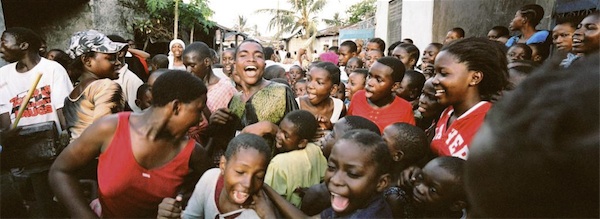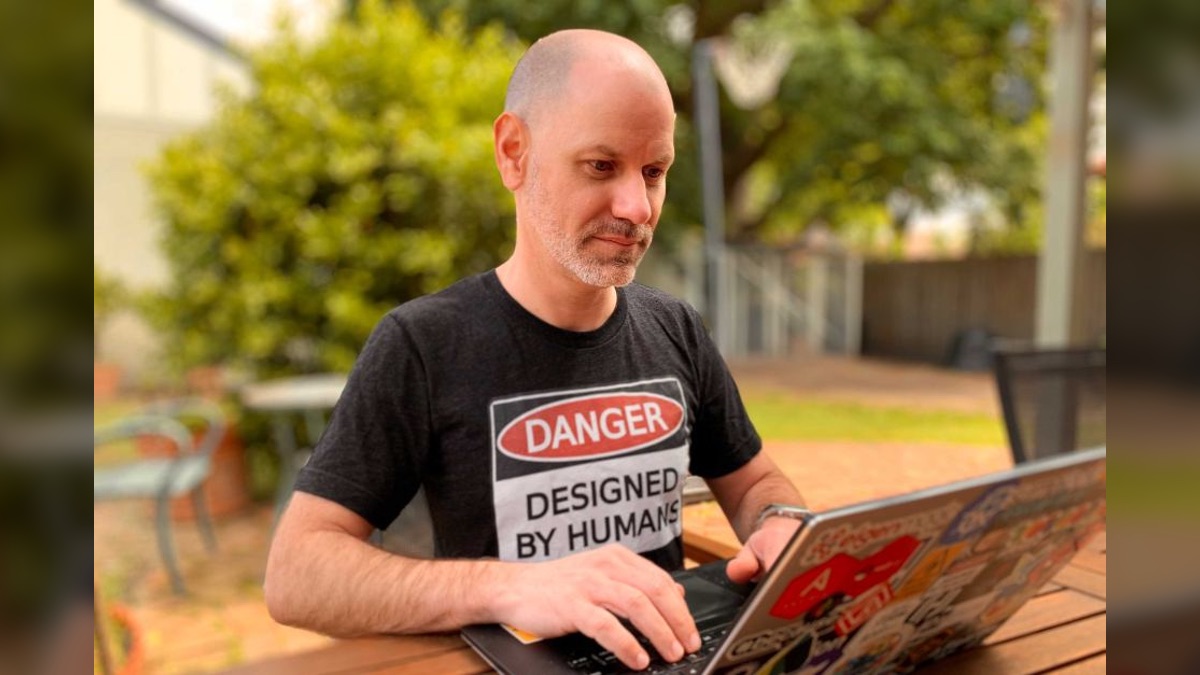
One of the most challenging aspects of Project TOTO is that I’ll have to build a rapport with my Tanzanian hosts and colleagues extremely quickly. So yesterday ActionAid Australia gave me a cultural briefing as well as the project briefing.
Here’s what I learned:
- Tanzanians are generally very polite, and will avoid saying anything which they fear might offend. I’ll therefore have to encourage them to open up a bit — especially when blogging for a Western audience.
- Tanzanian society is still quite hierarchical. People respect age and authority. No-one will say they have a bad government or local official, except in very private conversations.
- While the population is split religiously roughly one-third each Muslim, Christian and traditional tribal religions, there’s no major tensions between them.
- Women are “quiet and humble”, especially in rural areas, and when there’s men around they’re unlikely to speak unless asked, or if it’s a one-to-one conversation.
- There’s less physical contact than we’re used to in Australia. No kissing in public! However men and women do shake hands as a greeting.

- Rural people eat a lot of the local green bananas, and plenty of green vegetables, either fried or boiled. My doctor will be happy.
- I should avoid eating meat outside restaurants and the like. However the rural folk might offer a visitor meat and it would be impolite to refuse. What should I do? I must make that decision at the time. Tapeworms FTW!
- My travel doctor was right when she told me to drink only bottled water. The locals will offer soft drinks like Coca-Cola and Fanta, which I will accept and drink.
- The local beer is the Kenyan Tusker Lager and it’s quite acceptable, if a little heavy for the climate. I’ll be asked whether I want it “hot” or “cold”.
- South African wine is available, but relatively expensive. I’ve been advised to avoid the local wine.
- When travelling by 4WD, remember to take toilet paper.
- In the city, Westerners are likely to be perceived according to the usual stereotypes: Americans are loud and religious, Australians are relaxed and joke a lot, Germans are strict and so on. In rural areas we’re all the same: “You’re all white and you’ve got money.”
And apart from that, it’s just the usual stuff when arriving in a new culture: Listen more than you speak, and show respect.
Care to add any other tips?



